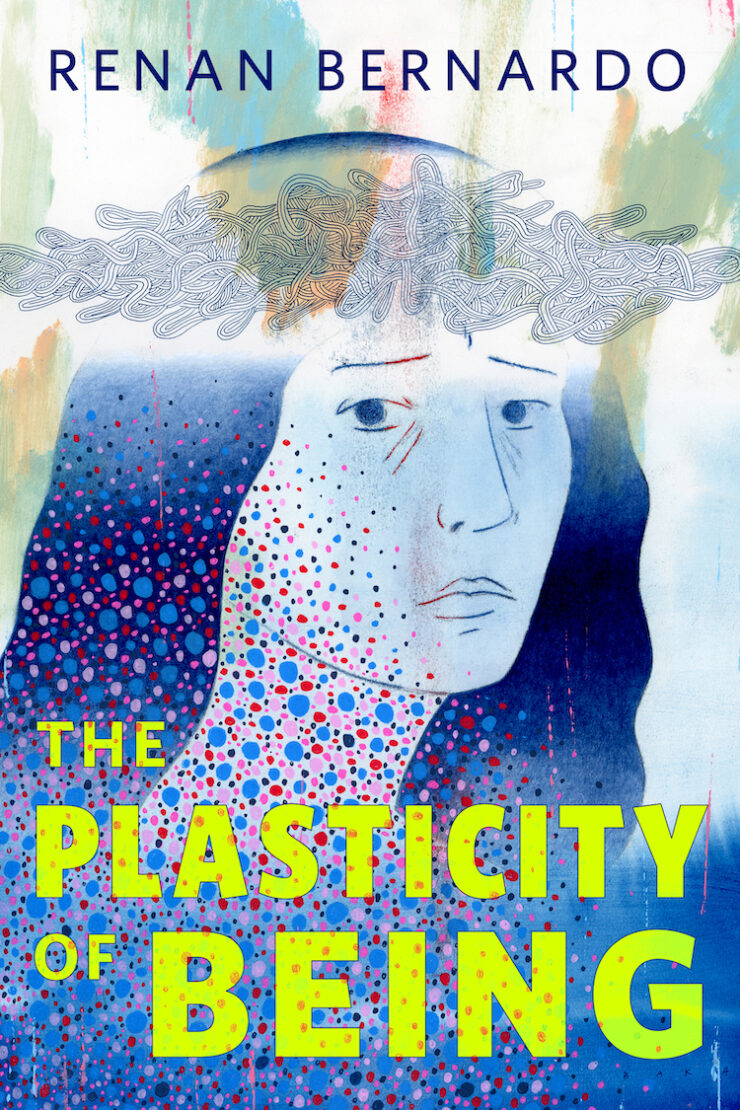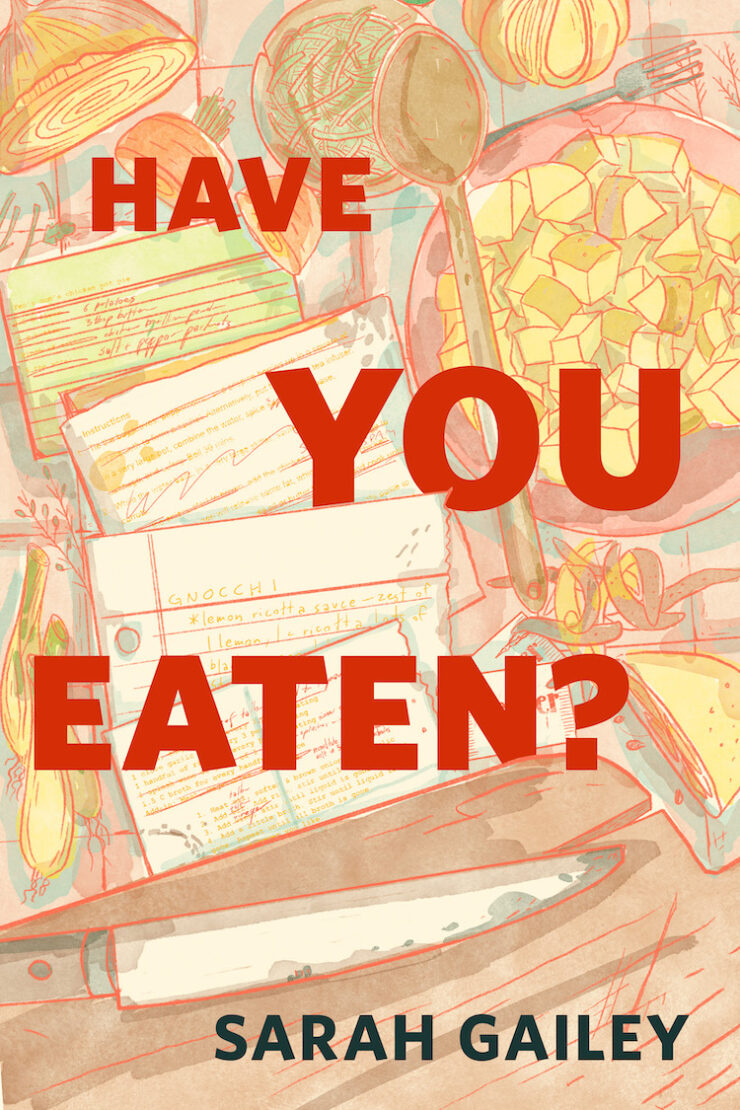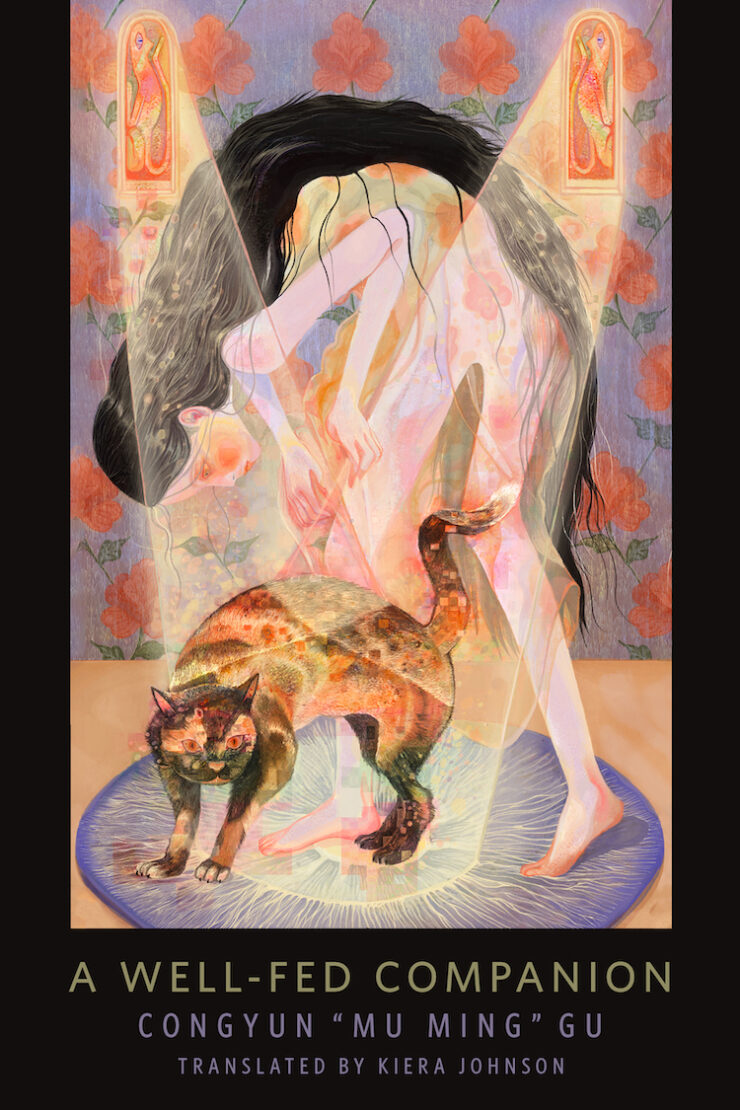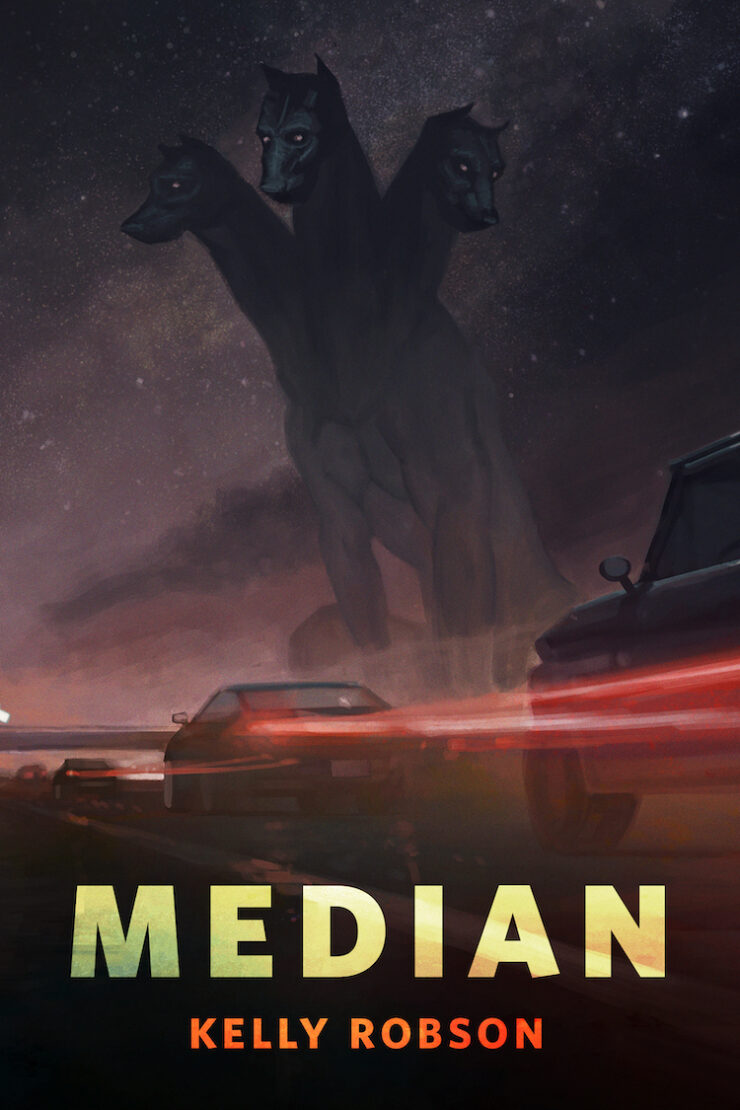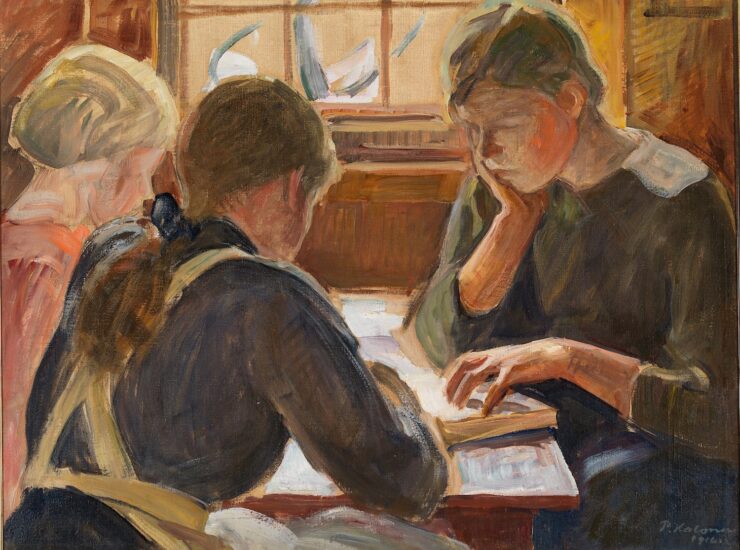If you had told me, twelve years ago, that I would be just now getting around to The Night Circus, I definitely would have laughed. Maybe even snorted. It’s one of those books everyone was reading at the time, and now it’s one of those books seemingly everyone has read. I’ve been carrying a copy around for so long that I don’t have even the faintest memory of where I got it; only this week, when I finally cracked it open, did I discover that it’s autographed to someone else.
Everything about this specific copy of this book is a mystery to me, including why I haven’t read it yet. So I started, the other night, and was four or five chapters in before I looked up to realize it was bedtime.
How does this happen? How is it that sometimes, a book that’s clearly meant for a reader takes so long to find them?
There is no answer to this question, of course. Books come to us when they come, and it’s either their time or it’s not. It’s very hard to manifest the precisely perfect moment in which to read a given book, though every so often, it can be done. You can pick just the right book for a trip, for a vacation, for a long weekend of doing little else; you can decide you’re going to drink the same cocktails as a character or eat your way through their meals or do any number of things to manifest a story’s world around you. You can build the perfect moment, but you have to have some idea what it is. And you have to have the time and inclination to design it, rather than taking the moment that you get.
Still, sometimes the books are late. Or early. Or just off. A friend and I were talking recently about The Secret History, a book I still haven’t read but have, for at least a decade, intended to. She said that most people she knows who first read it as adults hated it. (Did I take this as a challenge? Only slightly.) Those who read it younger, on the other hand, are passionate. Another friend has told me more than once that you have to read The Secret History in the wintertime. Maybe this cold, dark, gloomy start of the year is exactly my time—or exactly the book’s time.
What I’ve come to think is that every book has its just-right time, but that time is different for every reader. And it’s not finite or single, not in most cases, anyway—and it’s not necessary. (Sometimes reading against the grain, the wrong book at the wrong time, is in its own strange way perfectly right.). Sometimes the only time it’s fun to read a book is when everyone else is reading it, when the vibes are jubilant and communal, when you’re part of something bigger. Sometimes there are books you read once, at a precise moment, and can never read again—the associated feelings are too big, too heavy, too messy, too much to revisit on a casual reread.
But mostly, I think, you can find the moment for a book. This is why I keep a list of the books I don’t finish. It’s not a forever breakup (except when it is). It’s just a break. I tried to read Victor LaValle’s The Changeling at the wrong moment; I struggled through 100 pages, admiring the prose but feeling like I couldn’t open the door to the heart of the book, and set it aside. It wasn’t my time with that book, not yet. I started rereading Shadow and Bone, thinking this time I’d finish the series, but got lured away by the promise of something new. But I might still go back to Ravka, later.
Timing is everything and timing is nothing; you never know what will land in your lap, or cross your feed, at any moment. It took me almost a year to read Alexander Chee’s How to Write An Autobiographical Novel—not because I didn’t love it, but because as soon as I started it, I knew I wasn’t ready for it to be over. I moved it from one year’s spreadsheet to the next, and kept going, slow and steady. When you are a fast reader, a person who wants to read everything, now, immediately, that is something to relish—a book that absolutely insists you slow down, living by its time rather than your own.
I know that not everyone thinks constantly about what they’re reading when, and how it fits into the grand scheme of their reading life, or into the lineup of everything else they’ve ever read. But those patterns are there, all the same; those books we skip or linger over, the ones that come back, years later, looking shiny in a whole new way. I think about it because I write about books, but I also think about it because I’m a magpie, always distracted by something new and shiny, and because I’m a generalist in many ways. I grew up on and still read a mountain of SFF, but I go through phases: emotionally devastating YA novels; really specific nonfiction about rituals or neighborhoods; literary fiction of the “women figuring their shit out, or not” bent; and my own kind of bookish comfort food, like fairytales rewritten and retold. If I don’t pay attention, I can slide into a little genre oubliette of some design or another. And I want to keep moving around, broadening the circle. Every book has its right time, but only if you’re looking for it in the first place.
This year, I am trying—trying!—to alternate old and new. Writing about books means there is always something new I should be reading. But there is also always something old that I should understand—there are always books whose moment I might have thought slid past me, but it didn’t, or books I just never saw before. Or books like The Night Circus, which sat right in front of me, waiting.
What has it never been the right time for you to read? What is it just the right time for, right now?
Originally published January 2023.
Molly Templeton lives and writes in Oregon, and spends as much time as possible in the woods. Sometimes she talks about books on Twitter.


